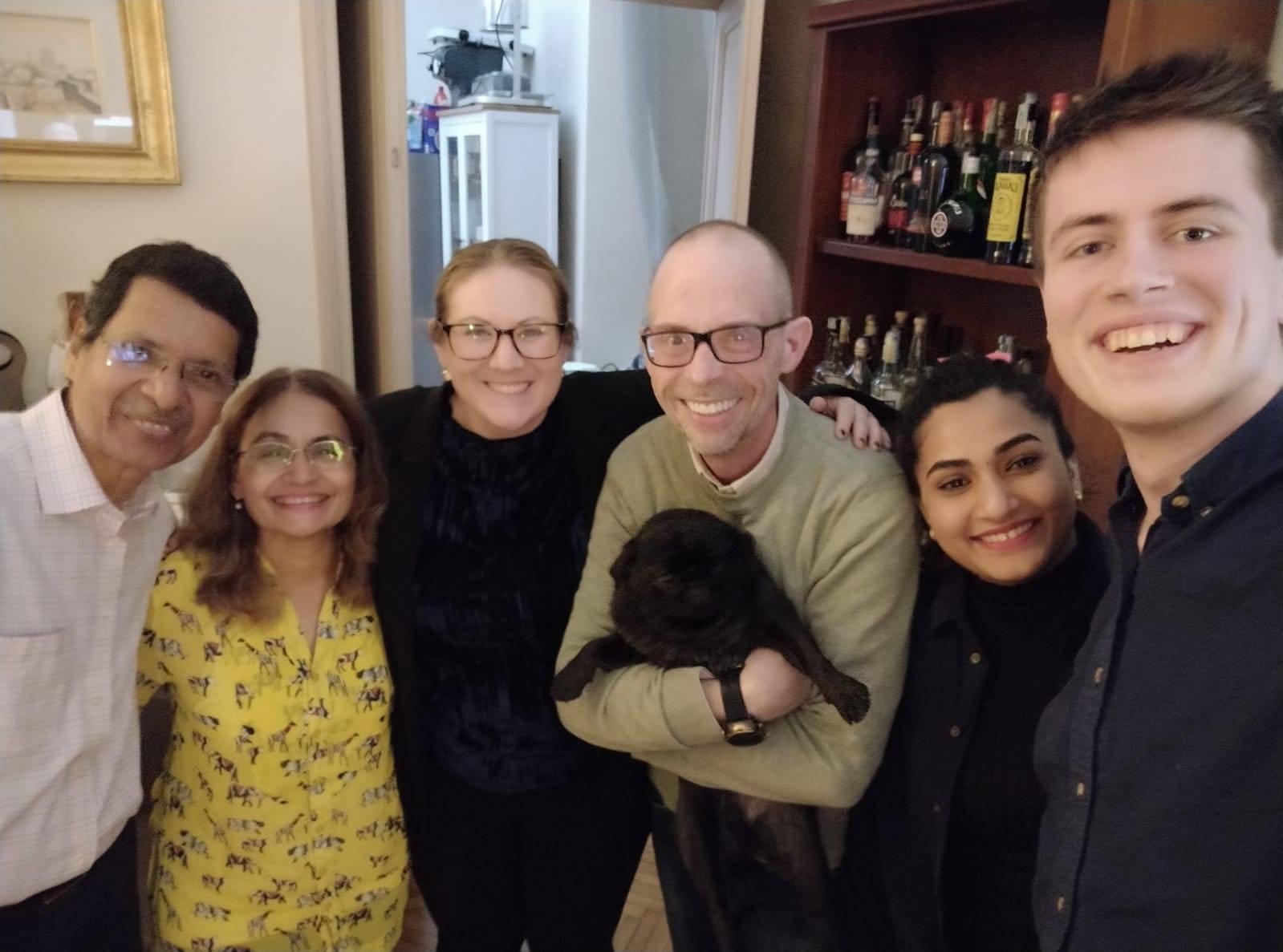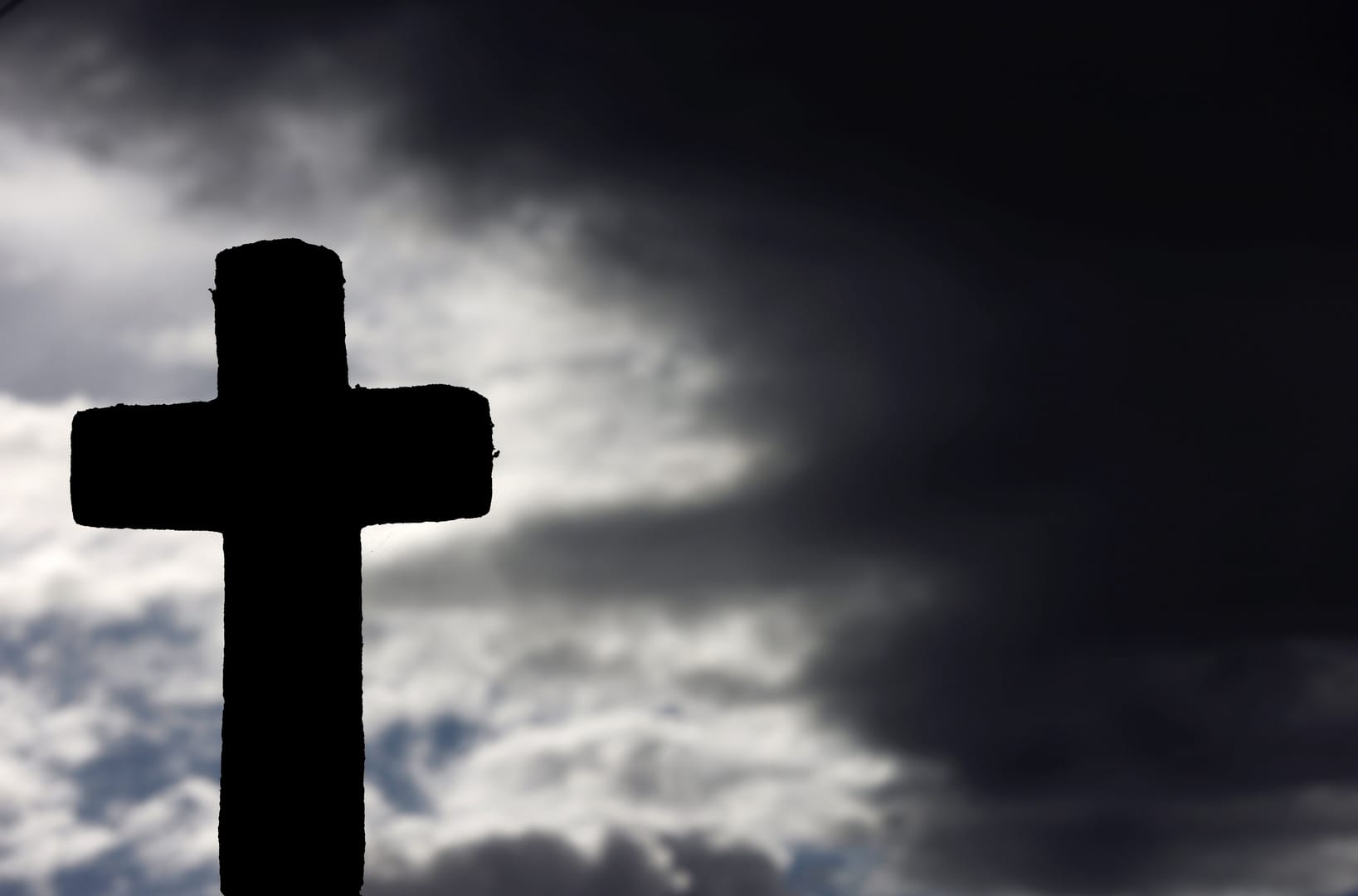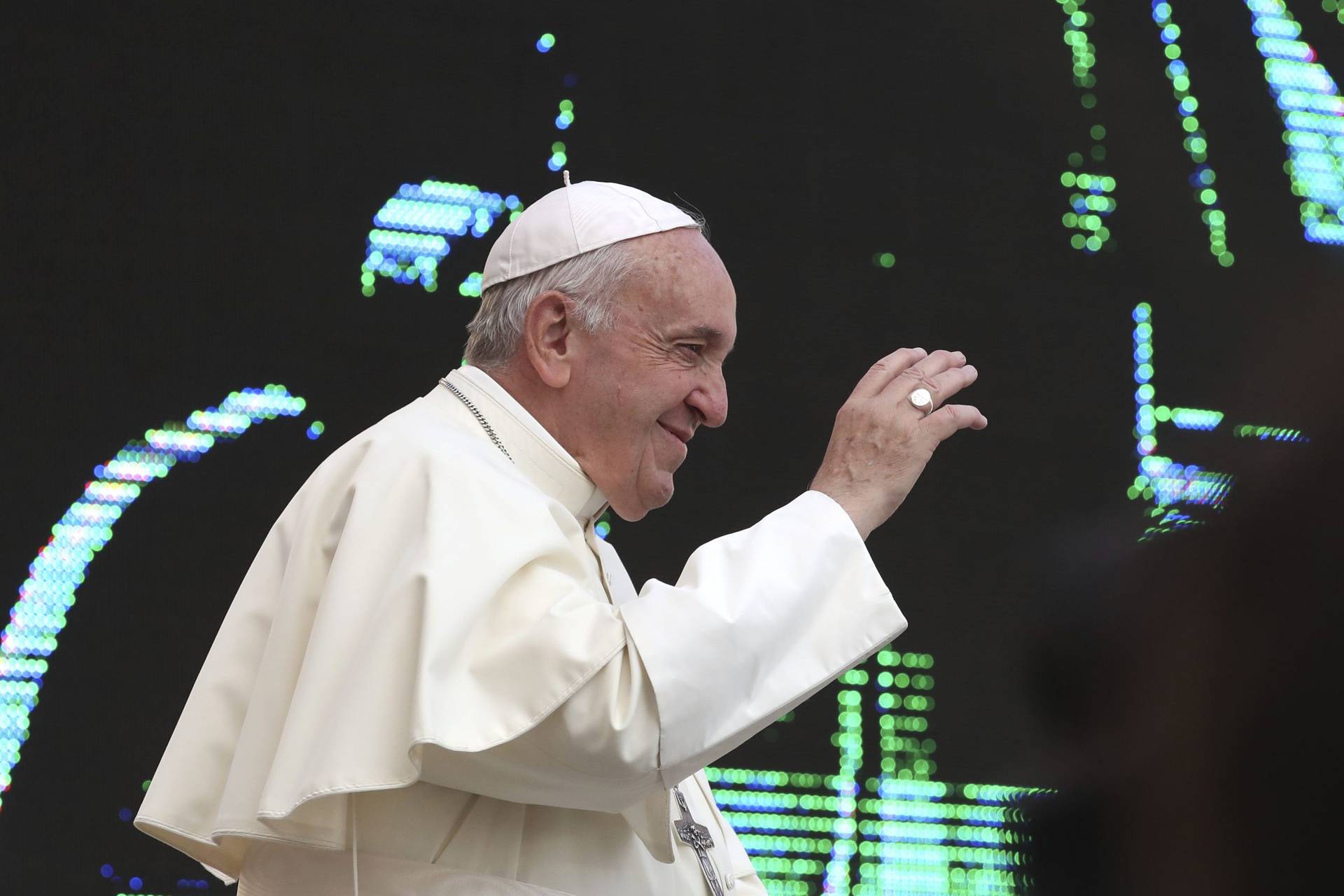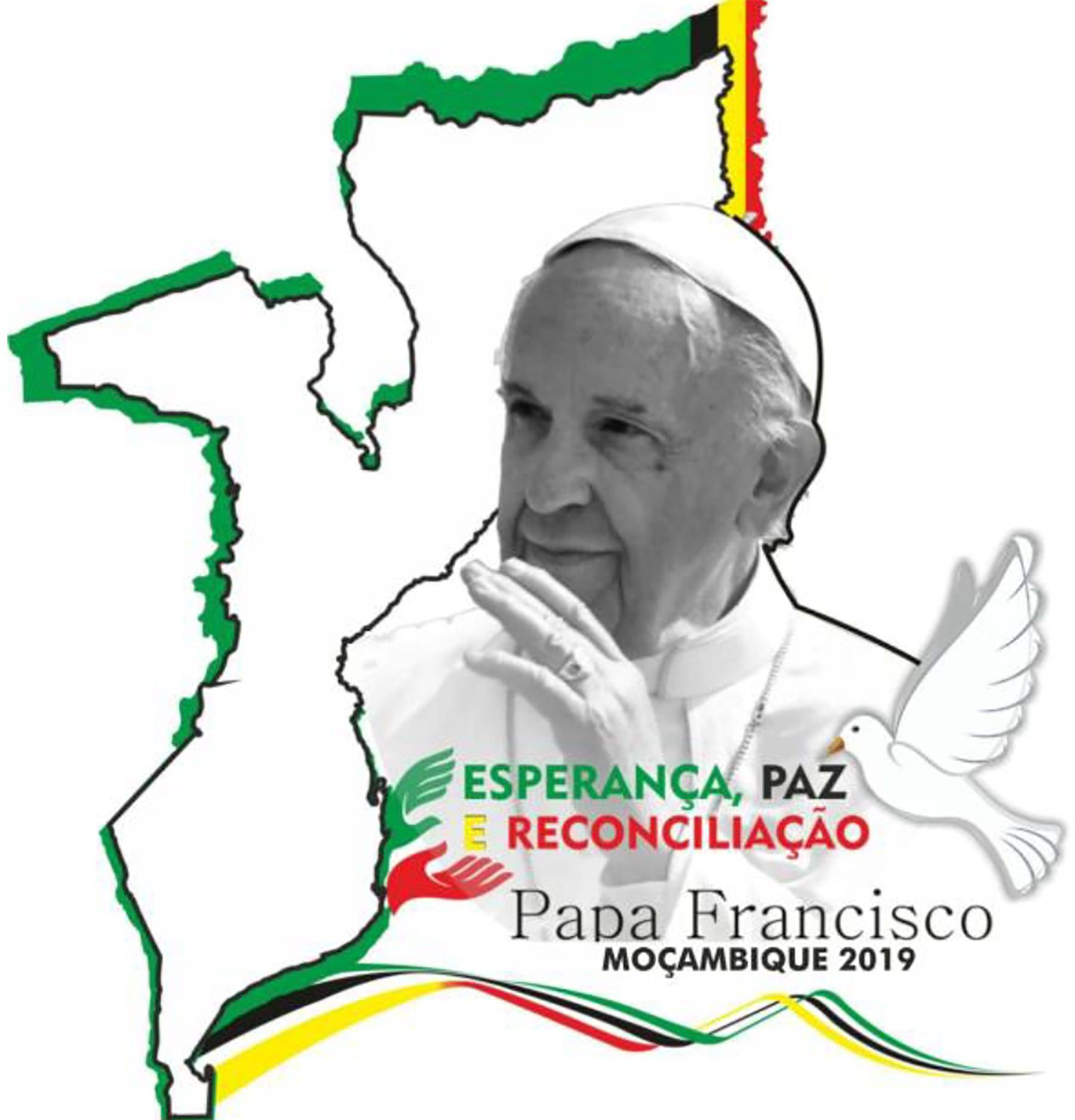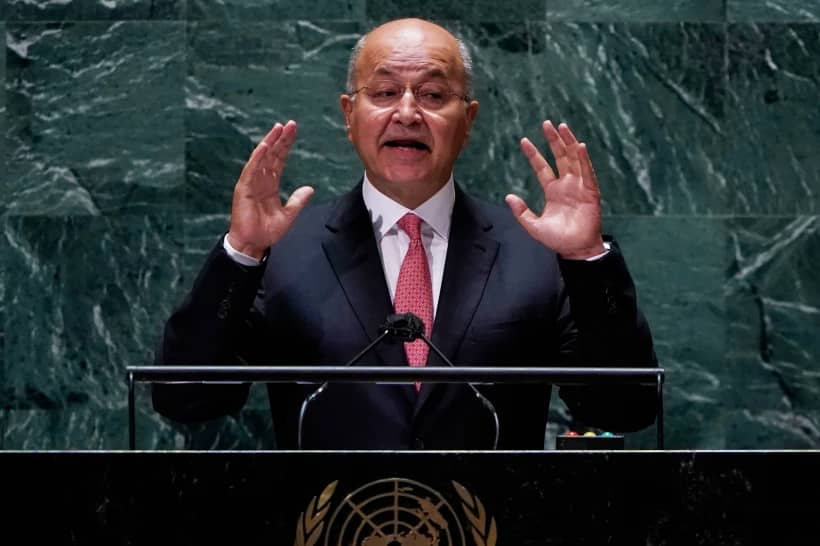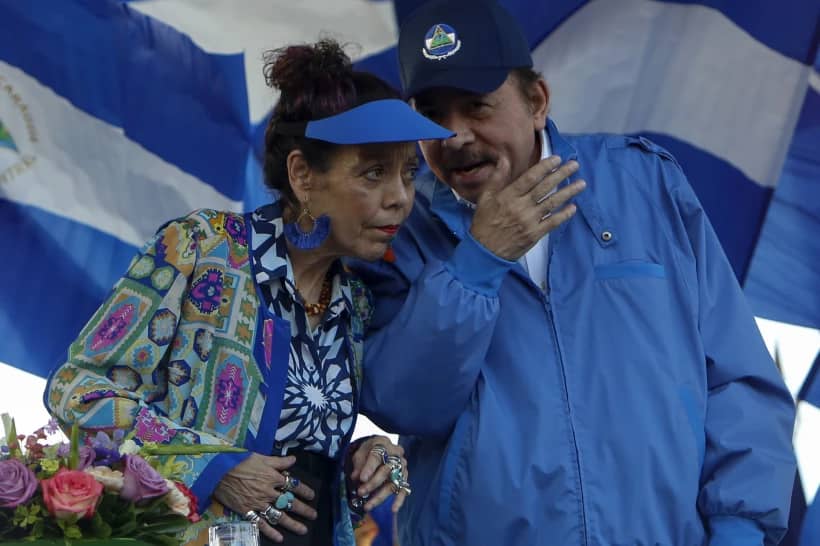HAVANA, Cuba — Speaking at Holguín, the land where Fidel and Raul Castro were born, Pope Francis called on the Cuban people to hang on to their identity while accepting the transformation that will inevitably take place as the island continues to open to the outside world.
Speaking in his homily at a large outdoor Mass in Holguín’s Revolution Plaza, Francis said Jesus challenges humanity to believe in the possibility of personal transformation.
“He invites us slowly to overcome our preconceptions and our reluctance to think that others, much less ourselves, can change,” Francis said.
“Do you believe?” he then asked the 150,000 faithful gathered. “Do you believe it’s possible that a tax collector can become a servant? Do you believe it’s possible that a traitor can become a friend?”
The message was a welcoming one for Cubans, who saw in Francis a direct appeal to embrace change, but to do so without losing their identity.
One such Cuban, Ernesto Flores, told Crux that he read the pope’s message thinking of the changing relationship with the United States.
“Change will be inevitable,” he said. “When your hopes and goals have been restricted for so many years, it’s hard not to be overcome with the pull to embrace the novelty when faced with the freedom to do so.”
Flores, who lived in the United States for a decade in the 1990s, said that when for 50 years one is not allowed to “choose what shoes you want to wear,” there’s a risk of making decisions simply because it’s possible, disregarding the “good things of the Cuban identity: our generosity, our hospitality, our friendliness, our honesty.”
Not to mention free education, health care, and social security, he added.
“The pope was calling us to embrace change, but to do it our way,” Flores said. He went back to Cuba “because the blood’s pull was stronger than wealth.”
Francis homily was centered on the apostle St. Matthew, whose feast day is today. Matthew was a tax collector who has a special place in the pope’s heart since, as he told the Cuban youth on Sunday, his feast day marks the anniversary of the day Francis decided to become a priest.
Although Francis’ visit to Cuba is the third by a pope, he’s the first to visit Holguín, about 400 miles south of Havana. Later in the afternoon he’ll head to Santiago de Cuba, to visit the shrine of Our Lady of Charity before heading to the United States.







